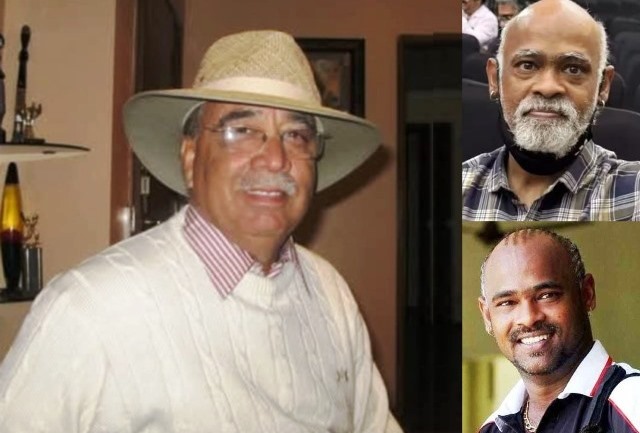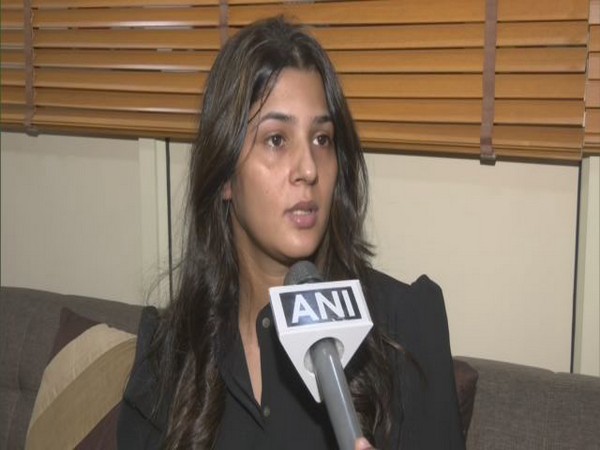Ashok Bambi, a former Ranji and central zone cricketer, advocates a disciplined life for sportspersons so that success does not get into their heads. His views:
Vinod Kambli is not the only example where sportsperson, especially cricketers, were not able to handle the success and glamour of the now over-paying sport; I even know a few cases where once promising talents committed suicide at the end of their unceremonious exit from the sports. It takes a lot of drill and discipline to reach at the top level or to make a niche in any form of sports. Shortcuts are a rarity in sports.
It pains me to see that today the IPL has taken over the earlier mandatory and regular form of cricket, as young players now aim to secure a good auction price rather than taking the prescribed route – through regional and zonal cricket tournaments.
However, besides luck, the priority of a cricketer should be to make his/her worth proved with steady improvement in the game he or she chooses. However, with the advent of the shorter format of cricket and opportunities across the globe (like IPL and other such leagues), the professional and playing life of a cricketer has drastically reduced over the past 12-15 years. Many new platforms have also emerged and now, with the increasing opportunities to get noticed. We can witness a flood of cricketers pouring in from every nook and corner of the country. My only advice to this new crop is to remain focused and disciplined.
Aspiring cricketers should learn from the meltdown of Vinod Kambli as also the latest episode of Prithvi Shaw. These are classic examples of how, in spite of being successful and established cricketers, indiscipline and improper attitude can ruin one’s career.
ALSO READ: ‘Our Cricketers Must Know When To Declare Their Innings’
I have seen Kambli’s downfall from close quarters and it is not at all easy to teach certain things to the new generation but the fact remains that one should plan for his after (professional) life. Shaw must have earned about ₹30 Crore by the time he was 23-24 years old as the Deccan Chargers retained him continuously. But what he has now done to his life remains a stark example of disorderliness. You just can’t rest on your laurels; you have to perform better increasingly. The three Ds – discipline, determination and dedication – are a must for everyone to aim for the top.
I believe with all cricket associations of the country, should form a team/panel of experts from various fields like mentors, psychologists, financial experts, former players, etc to supervise and impart skills for a better and settled retired (from sports) life. Though the BCCI is giving financial aid in the form of a pension to retired cricketers, it is restricted to those who retired before 2004. The reason is that nowadays, the cricketers at any level are paid handsomely and with a little financial prudence, they can plan a secure future.
Learning is a constant process. I repeatedly give examples of Harbhajan Singh, Virendra Sehvag and Kapil Dev, who, despite the drawback of belonging to a rural background, learned English and are now successful coaches and commentators. One need not only earn bread and butter in the later part of your life by teaching the sport to youngsters; you may set an example and contribute to the society too.
As told to Rajat Rai

